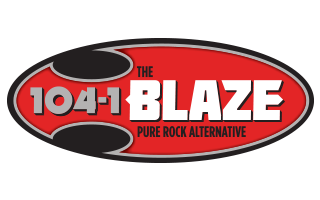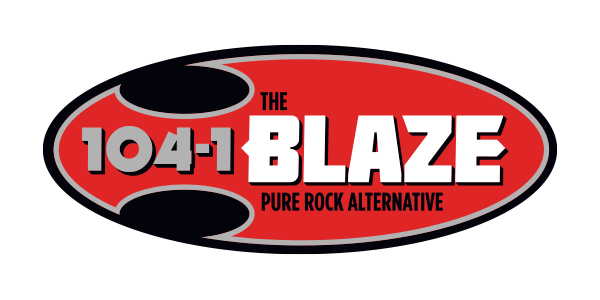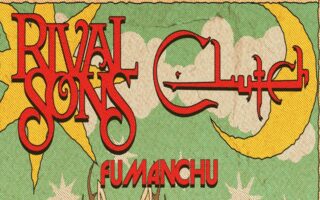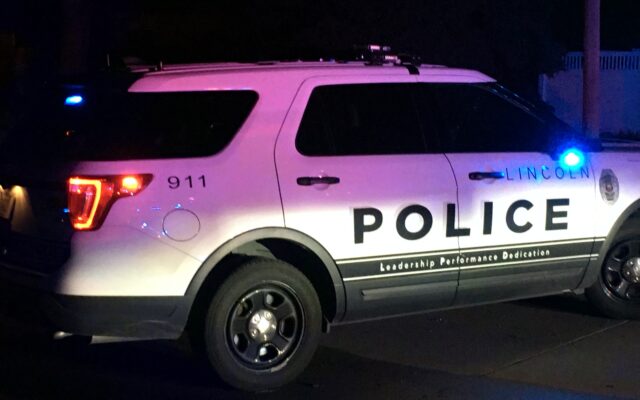Emerald Ash Borer

The City Council approved the City of Lincoln Emerald Ash Borer (EAB) Response and Recovery Plan in December. On KFOR’s Lincoln Live, City Parks and Recreation Director, Lynn Johnson, talked about the Adopt-an-Ash program allowing residents to “adopt” an ash street tree and voluntarily fund chemical treatment of the tree against EAB. The entire conversation with Lynn Johnson can be found on the KFOR podcast link.
The Proposed City of Lincoln Emerald Ash Borer Response and Recovery Plan outlines the strategy for addressing impending impacts of Emerald Ash Borer on public ash trees in Lincoln. Emerald Ash Borer (EAB) is an exotic invasive insect that was introduced to North America in 2002. EAB infestation has expanded to include 31 states including Nebraska during the intervening period. EAB was confirmed in Lincoln in August, 2018. EAB impacts all varieties of ash trees, killing nearly 100-percent of ash trees within 15 years of moving into an area. The wood of ash trees becomes brittle soon after death resulting in potential hazards to people and property from falling limbs and branches. Therefore, the strategy for management of EAB requires consideration of controlling the number of dead ash trees, and timely removal of trees.
An inventory of public ash trees in Lincoln was completed in 2017. About 14,145 ash trees are located along streets, and in parks and golf courses (12,330 along streets and 1,815 in parks and golf courses). The Nebraska Forest Service estimates that there could be another 40,000 to 50,000 ash trees on private property in Lincoln. The EAB Response and Recovery Plan includes the following strategies: – Implementation of an education and outreach program – phased removal of public ash and planting of a diverse mix of replacement trees over a 15-year period, working in cooperation with neighborhoods, business areas and individuals; – establishment of an Adopt-an-Ash program allowing residents to voluntarily pay to treat public ash trees with an insecticide to prolong the lives of the trees (a related Municipal Code amendment submitting establishment of a no-cost permitting process for treatment of street trees with pesticide is being introduced in tandem with the EAB response and recovery plan); – engagement of private companies in removal of larger ash trees, interim chemical treatment of ash trees, and planting of trees to replace ash trees that have been removed; – develop of a volunteer tree pruning program to train residents proper tree trimming using hand tools to add in pruning young streets trees to establish proper branching structure and height; – development of an approach to assist low-income property owners with removal of hazardous dead ash trees from private properties; and – development of a plan to encourage utilization of ash work for a variety of uses including lumber for building and woodworking projects. Written status reports will be submitted to the Community Forestry Advisory Board, the
Mayor and the City Council during implementation of the EAB response and recovery plan. A draft of the EAB response and recovery plan was made available for public review and comment for a 30-day period prior to review and recommendation of adoption by the Community Forestry Advisory Board.
READ MORE: Lincoln Police get body cameras in 2019







